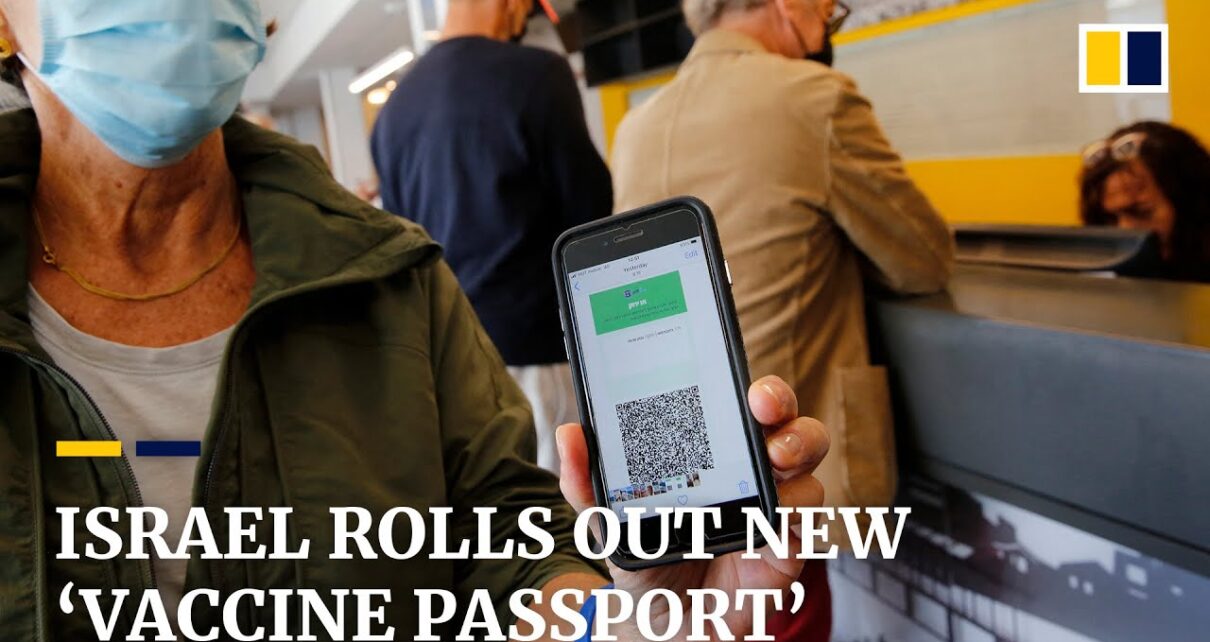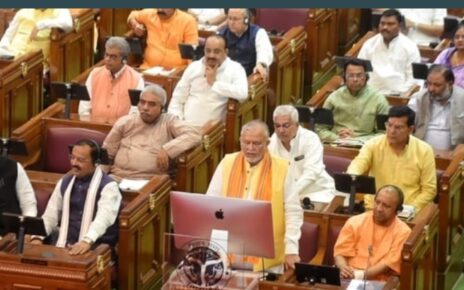To prove that people have received the Covid-19 jab, Israel is the first country to announce implementation of passports that grants privileges to immunised residents. Israel has already managed to at least partially vaccinate half its population.
The Israeli digital vaccination certificate (known as the Green Pass) gives people the ability to visit restaurants and entertainment venues—old-school joys that are not available to the unvaccinated.
Prime Minister Benjamin Netanyahu tweeted, “We are the first country in the world that is reviving itself thanks to the millions of vaccines we brought in….Vaccinated? Get the Green Pass and get back to life.”
Earlier this month, Greece struck a deal with Israel that will allow vaccinated people to travel between the two countries without quarantine. So did Cyprus, and Israel is also in talks with Malta. At the moment, Israel isn’t permitting any foreign nationals to fly into the country from abroad unless it’s to attend a funeral.
Moreover, Europe is warming to the idea of so-called vaccine passports—but with a possible third wave looming in some countries; it’s not quite there yet. The push for the vaccine passports is coming from Southern Europe—countries such as Greece, Spain, Italy, and Portugal, which are heavily reliant on tourism.
Greece also started issuing digital vaccination certificates this week to those who have received both doses of the Covid-19 vaccine.
These are initially for medical use within Greece, but Digital Governance Minister Kyriakos Pierrakakis suggested wider European adoption could create “a kind of fast lane inside the airports.”
However, there are fears that vaccine passports could end up being discriminatory against those who have not yet been able to get the jab.
“With the Green Pass, doors just open for you,” it says in a campaign that launched last week. “How to get the pass? Go and get vaccinated right now.”
The vaccine is not available to everyone in the world, whether due to supply or cost. And some people don’t want it, for religious or other reasons. It raises the prospect of further dividing the world along the lines of wealth and vaccine access, creating ethical and logistical issues that have alarmed decision-makers around the world.



